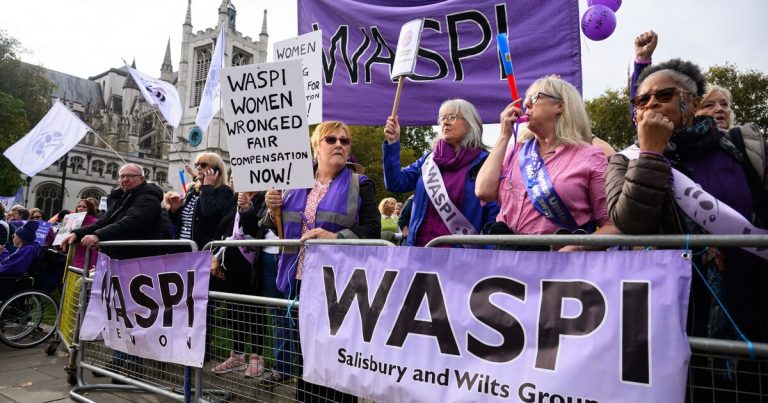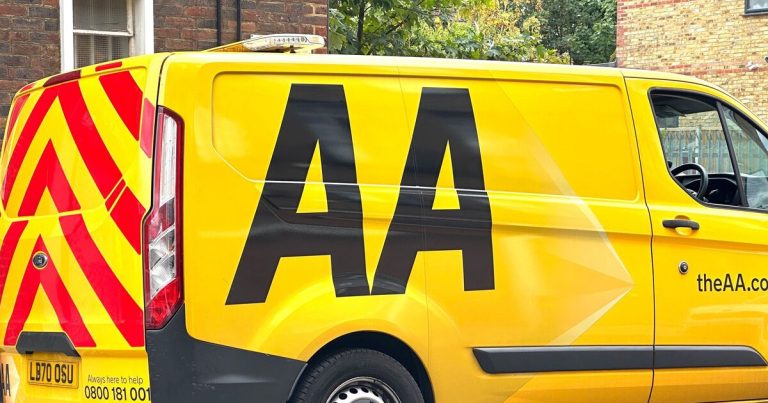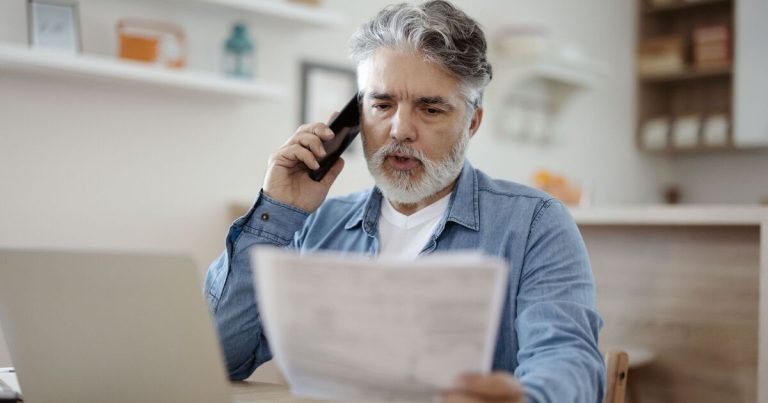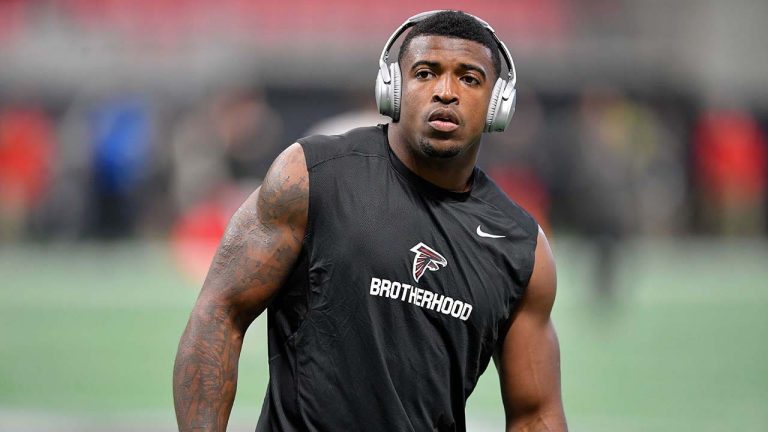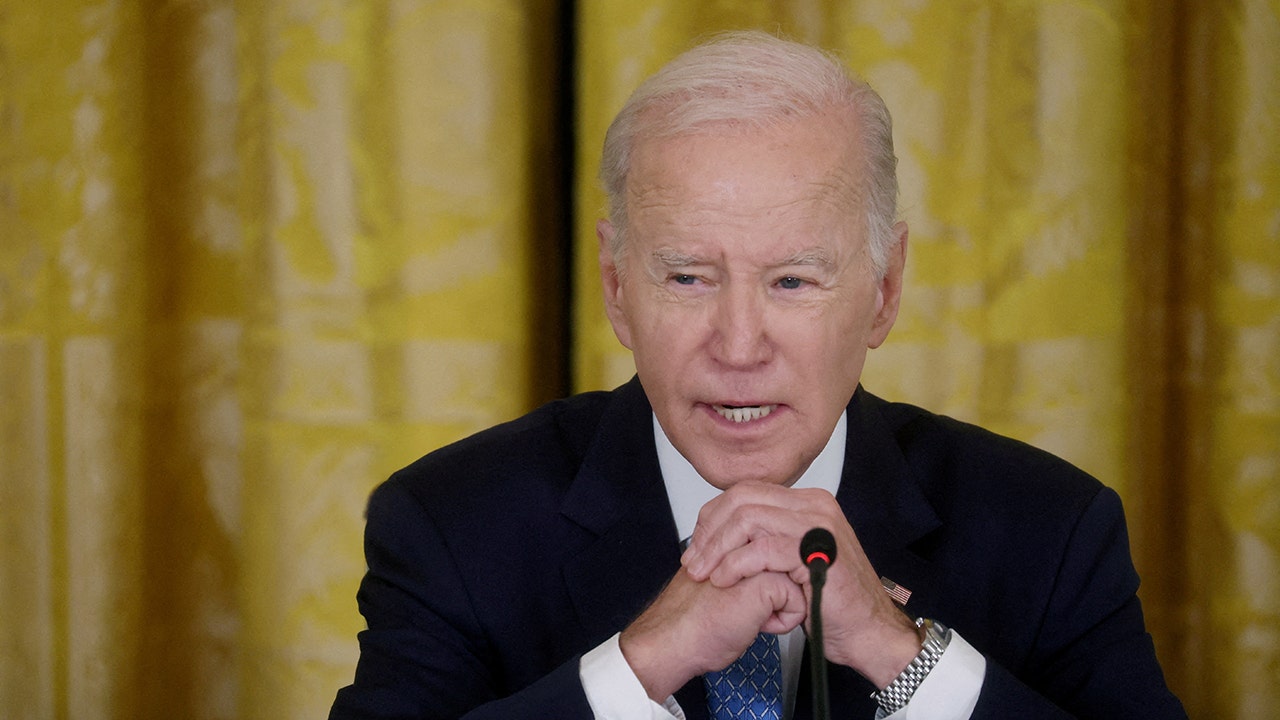
All Out Paintless Dent Removal owner Matt Boyette joins ‘The Bottom Line’ to explain the high costs for small fixes on electric vehicles.
The Senate rejected President Biden’s decision to waive some “Buy America” requirements for government-funded electric vehicle charging stations, with several Democrats joining Republicans in a 50-48 vote.
Sens. Sherrod Brown, D-Ohio, Joe Manchin, D-W.Va., Jon Tester, D-Mont., and Kyrsten Sinema, I-Ariz., voted for the Republican bill, which Biden has vowed to veto.
The White House says the bill to rescind his waiver would also eliminate a requirement that EV chargers paid for by the bipartisan infrastructure law be made in America, “thereby harming domestic manufacturing and American jobs.”
Congress approved $7.5 billion to fund EV charging stations, which are critical to Biden’s ambitious goal for half of all new car sales to be EVs by 2030. However, the installation of new EV chargers has been slow-going.
EVS CREATE PROFIT POTHOLES FOR MAJOR US AUTOMAKERS GM, FORD
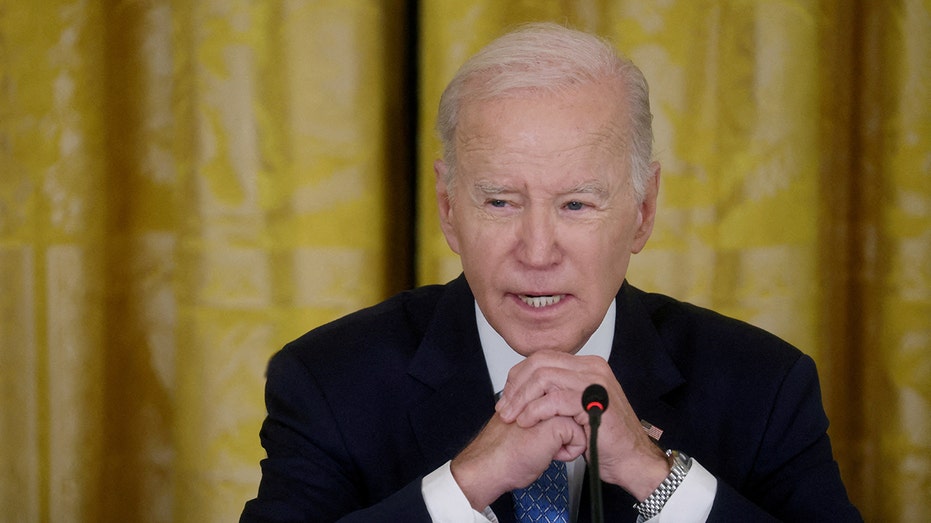
President Biden has vowed to veto a Republican bill that would rescind his Buy America waiver for EV charging stations. (REUTERS/Leah Millis/File Photo / Reuters Photos)
In February, the Federal Highway Administration (FHWA) agreed to waive some “Buy America” requirements until July 2024, in order to allow “EV charger acquisition and installation to immediately proceed.”
Republicans responded with a bill to rescind that waiver, arguing most of the parts for EV chargers would be bought from China.
The White House said the GOP bill would also overturn the FHWA decision to extend “Buy America” rules to EV chargers, pointing to a 1983 Reagan administration decision to exempt manufactured products from “Buy America” rules. The effect of the GOP bill, the White House argues, would be that EV chargers are not covered by “Buy America” requirements.
FORD STOCK PLUNGES ON NEWS OF WIDER EV LOSSES

An electric vehicle is plugged into a charger in Los Angeles on Thursday, Aug. 25, 2022. Congress has approved $7.5 billion to build new EV charging stations with a requirement that 55% of the materials be made in America. (AP Photo/Jae C. Hong / AP Newsroom)
Sen. Marco Rubio, R-Fla., challenged the White House argument, arguing the administration could separately rescind the 1983 decision at any time. Rubio said the waiver would allow government funds to “go into the hands of Chinese companies to build electric vehicle charging stations.”
The 2021 bipartisan infrastructure law requires EV chargers to obtain at least 55% of construction materials, including iron and steel, from domestic sources and U.S. manufactured.
BATTERY MAKER WARNS DEMAND COULD SLOW FOR EVS AS GM-HONDA PARTNERSHIP FALLS APART
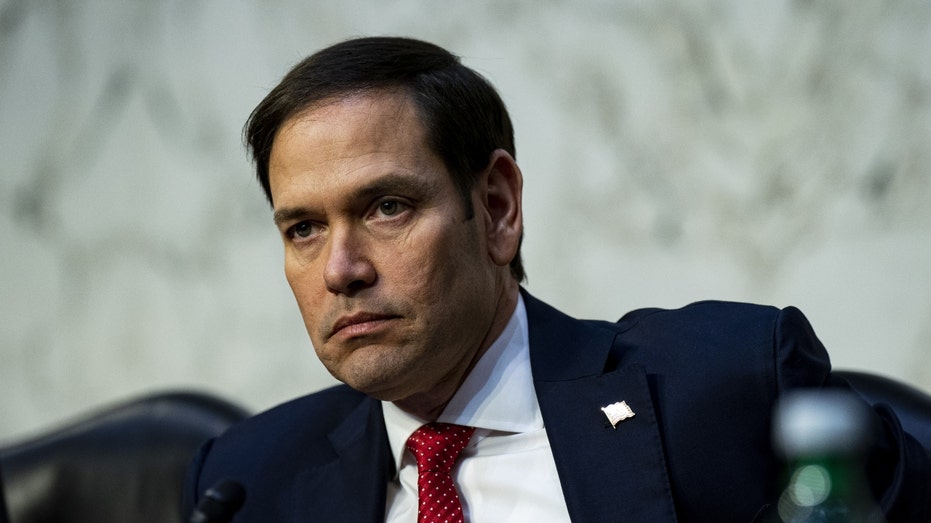
Senator Marco Rubio, a Republican from Florida, argued that by waiving the “Buy America” requirements for EV chargers, the U.S. government would be buying parts from China. (Al Drago/Bloomberg via Getty Images / Getty Images)
The rules go into effect in July 2024. EV chargers produced by then can receive funding if installation begins by October 2024, according to Reuters.
EV chargers require iron and steel for some of their most crucial parts, including the internal structural frame, heating and cooling fans and the power transformer. Chargers with cabinets that house the product require even more steel, making up to 50% of the total cost of the chargers in some cases.
GET FOX BUSINESS ON THE GO BY CLICKING HERE
U.S. states and companies warned that global demand for EV chargers is straining the supply chain, making it difficult, if not impossible, to meet made-in-America standards and expedite construction of new chargers.
Reuters contributed to this report.


